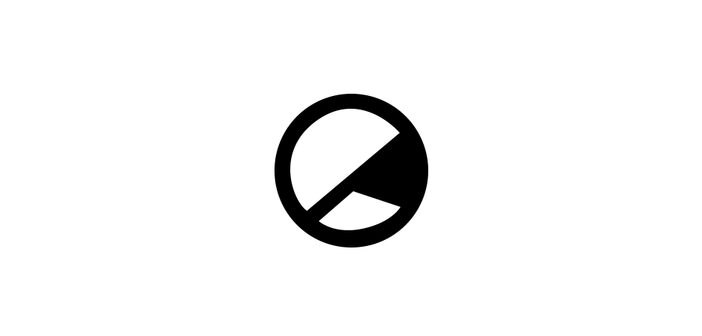More than any other director in recent memory, James Gunn understands what makes a blockbuster tick. Journeying from the brazen, bloody filmmaker of Troma Entertainment to a partial helmer of inarguably the largest ongoing film franchise in cinema history, Gunn is the rare Hollywood figure whose integrity and distinctive vision has stuck through an otherwise assimilative system.
Following a Twitter smear campaign and his temporary firing from Marvel in 2018, Gunn was snatched up by DC to write and direct a film of his choosing. He chose the ‘Suicide Squad’ – a property practically left on life support after the dreich disaster that was David Ayer’s Suicide Squad (2016). It’s the perfect choice for Gunn, whose penchant for celebrating the most undesirable, frankly ridiculous, collection of C-list comic book characters makes for highly endearing and unique material. Not so much a direct continuation as a complete do-over, The Suicide Squad is in many ways the proper, definitive version that audiences haoped for the first time round. The result is that it achieves something few comic book films can hope to have: it feels inspired. It is entirely unfiltered, uncut, and so purely a James Gunn film through its nigh-imperceptible 2 hour runtime, and it becomes all the better for it.
Roughly following along the exact beats as expected, The Suicide Squad wastes no time setting up its central premise in explosive (literally) fashion. Assembled by Amanda Waller, Task Force X is an ever-evolving team composed of imprisoned villains and antiheroes who are regurgitated into disposable soldiers on missions for the American government. Fail the mission, or deny orders, and they’re killed. The task this time lands them on the fictional island of Colta Maltese, where a powerful and mysterious project lies hidden beneath the towering Jotunheim. Lead unwillingly by the mercenary Bloodsport (played brilliantly by Idris Elba), the squad fight to destroy the project whilst secrets are revealed, friendships are built, chaos unfolds, and blood is shed.
Such a start may seem to lead The Suicide Squad to becoming a hollow echo-chamber of noises and colours as it had once before, but the openness of the premise allows Gunn to prioritise creative liberation more than anything. Energy radiates off the screen and the actors instantly, from the ever-roving, repeatedly spectacular camerawork to the meaningfully-placed, killer hard-rock soundtrack; or just simply the riotous, unabashedly R-rated Grindhouse-level violence, handled with just the finest amount of tasteful grit and stylishness. The craft on display from Gunn in all the film’s varying forms is singular and vast, with his ability to effortlessly switch up and blend together a wild, dizzying array of genres on a whim. Yet, The Suicide Squad never principally forgets to have its own identity on top of this, narrowly avoiding the all-too-common modern trend of pale imitations that currently afflict the majority of superhero media. This is one other key step that helps make The Suicide Squad such a delightful breath of fresh air for an increasingly stagnant mainstream cinema.
The narrative does not fall to the wayside for the sole sake of an aesthetic playhouse, however. All is in service to the characters, and as has been a staple through his career, Gunn deftly illustrates the hidden humanity, heroism and deep, formative scars that lies within even the most oddball, seemingly irredeemable of characters; as much as it is also an articulation of Gunn’s inner frustrations with the state of mainstream film and troubles in his own personal life. In just one film, characters silly enough to be fodder in any other film, like Ratcatcher 2 (played winsomely by Daniela Melchior) or David Dastmalchian’s side-splitting turn as Polka-Dot Man, are accorded as much emotional significance and development as any other primary member of the Squad. This sincerity and celebration of absurdity that follows are all vital to keeping films like The Suicide Squad a source of rejuvenation, managing to balance out arcs without foregoing the factors of fun and imaginativity.
It would be hard-pressing to state that The Suicide Squad is entirely ‘laugh-out-loud’ funny, but its moments of side-splitting are common. That inconsistency matters little though when it still preserves an everlasting, gigantic smile on those watching it. The Suicide Squad as a whole comprehends and executes exactly what should be the expected of blockbuster filmmaking, all with a singular, unimpeded and artistic vision at the helm. It fulfills nearly every possible box that audiences are hoping for, and more. It’s a good thing that James Gunn continues marching to the beat of his own drum: it should be a lesson not just for any director currently operating in the Hollywood system, but to the studios themselves.
The Suicide Squad is in cinemas across the UK now and in the US on August 6th. Watch the trailer here:




